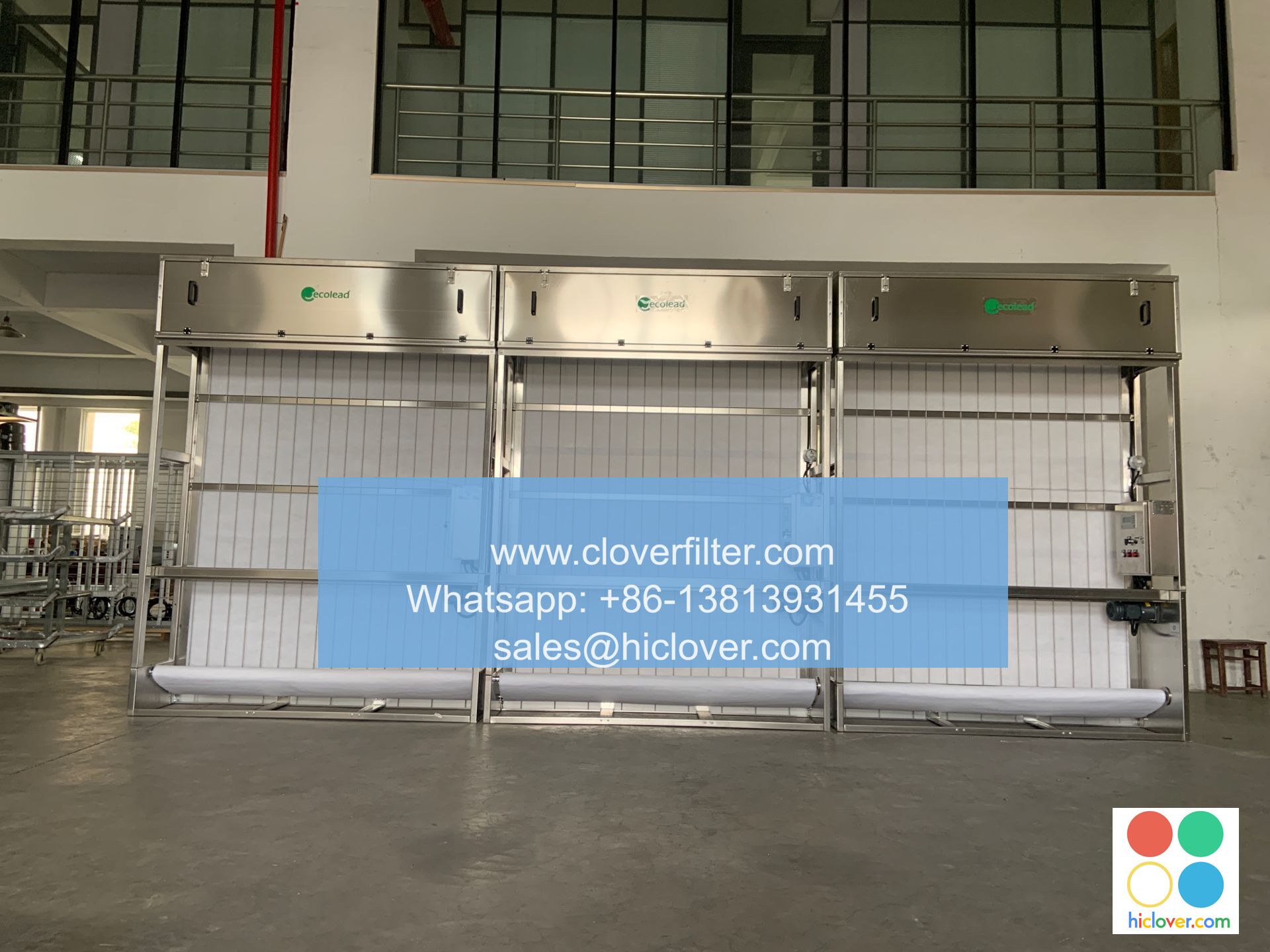The Role of Air Filter Design in Energy Efficiency

Air filter design plays a crucial role in energy efficiency, as it directly affects the performance of heating, ventilation, and air conditioning (HVAC) systems. A well-designed air filter can significantly reduce energy consumption, lower operating costs, and minimize environmental impact. In this article, we will explore the importance of air filter design in energy efficiency, highlighting various application areas and key considerations.
Improved Indoor Air Quality (IAQ) and Energy Savings
Air filters are designed to remove airborne pollutants, such as particulate matter, dust, and microorganisms, from the air. By doing so, they improve indoor air quality (IAQ) and reduce the risk of respiratory problems. However, traditional air filters can be restrictive, causing HVAC systems to work harder and consume more energy. Modern air filter designs, such as those featuring nanofiber technology and electrostatic charges, can capture pollutants more efficiently, allowing for better airflow and reduced energy consumption.
Key Considerations in Air Filter Design
When designing air filters for energy efficiency, several key factors must be considered, including:
* Aerodynamic performance: The air filter should be designed to minimize airflow resistance, allowing for smooth airflow and reduced pressure drop.
* Filtration efficiency: The air filter should be able to capture a high percentage of airborne pollutants, including particulate matter, dust, and microorganisms.
* Materials and construction: The air filter should be made from durable, long-lasting materials that can withstand various environmental conditions.
* Maintenance and replacement: The air filter should be easy to maintain and replace, reducing downtime and minimizing waste.
Application Areas for Energy-Efficient Air Filters
Energy-efficient air filters have a wide range of applications, including:
* Commercial buildings: Office buildings, shopping centers, and hotels can benefit from energy-efficient air filters, which can help reduce energy consumption and lower operating costs.
* Industrial facilities: Manufacturing plants, warehouses, and other industrial facilities can use energy-efficient air filters to improve IAQ and reduce energy consumption.
* Residential buildings: Homes and apartments can benefit from energy-efficient air filters, which can help improve IAQ and reduce energy consumption.
* Transportation systems: Air filters can be used in vehicles, such as cars, buses, and trains, to improve IAQ and reduce energy consumption.
Emerging Trends and Technologies
The air filter industry is constantly evolving, with emerging trends and technologies aimed at improving energy efficiency and IAQ. Some of these trends and technologies include:
* Smart air filters: Air filters with integrated sensors and monitoring systems can detect pollutant levels and adjust filtration settings accordingly.
* Antimicrobial air filters: Air filters with antimicrobial properties can help reduce the spread of microorganisms and improve IAQ.
* Sustainable materials: Air filters made from sustainable materials, such as recycled fibers and bioplastics, can help reduce waste and minimize environmental impact.
Conclusion
In conclusion, air filter design plays a vital role in energy efficiency, as it directly affects the performance of HVAC systems. By considering key factors such as aerodynamic performance, filtration efficiency, materials and construction, and maintenance and replacement, air filter designers can create energy-efficient air filters that improve IAQ and reduce energy consumption. As the air filter industry continues to evolve, emerging trends and technologies will likely play an increasingly important role in shaping the future of energy-efficient air filtration.
It seems like you’re looking for a prompt to get started. Here are a few ideas across different categories:
Creative Writing
- Time Traveler’s Dilemma: You stumble upon a time machine that can only go back in time to any moment in history, but you can never return to the present. Where do you go, and why?
- The Mysterious Island: After a shipwreck, you find yourself on a mysterious island that seems untouched by human civilization. Describe your first week there and the discoveries you make.
- Future World: Imagine a world 200 years in the future. Describe a typical day in a major city, focusing on how technology has evolved and impacted society.
Personal Reflection
- Life Goals: Reflect on your current life goals. What steps are you taking to achieve them, and what challenges do you anticipate facing along the way?
- Travel Bucket List: If you could travel anywhere in the world right now, where would you go, and what do you hope to experience or learn from your travels?
- Personal Growth: Think about a time when you overcame a significant challenge. What skills or strengths did you use, and how has that experience shaped your approach to challenges since then?
Science and Technology
- Space Exploration: Discuss the potential benefits and challenges of establishing a human colony on Mars. How might this impact Earth and human society?
- AI Ethics: Consider a scenario where AI surpasses human intelligence. What ethical considerations should be prioritized, and how might humans ensure a symbiotic relationship with advanced AI?
- Sustainable Living: Imagine a world where renewable energy sources have completely replaced fossil fuels. How did society achieve this transition, and what are the benefits and challenges of this new energy landscape?
Social Issues
- Equality and Justice: Reflect on a significant social movement from history. What were its key demands, and how did it impact society? What lessons can be applied to current social justice movements?
- Environmental Conservation: Discuss the role of individual actions versus systemic changes in addressing global environmental issues like climate change. How can both be effectively utilized?
- Education Reform: Imagine you have the power to reform the education system in your country. What changes would you implement, and why do you believe these changes are necessary?
Feel free to pick any of these prompts or use them as inspiration to explore your own interests and ideas!

